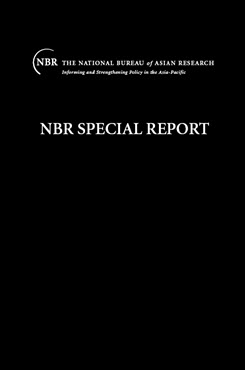NBR Special Report no. 7
China's Post-WTO Technology Policy
Standards, Software, and the Changing Nature of Techno-Nationalism
This study reviews the origins and motivations for China’s standards strategy, places it in the context of China’s accession to the WTO, and examines the operation of China’s new standards regime, with particular reference to standards for wireless devices and software.
In recent years, through administrative action, legal innovation, and increased support for research and development, China has been actively developing a new technology policy based on the promotion of its own technical standards. These activities impinge upon business decisions and raise questions about China’s commitment to honor its World Trade Organization (WTO) obligations, and are thus attracting increasing attention from foreign business leaders and government officials. This study reviews the origins and motivations for China’s standards strategy, places it in the context of China’s accession to the WTO, and examines the operation of China’s new standards regime, with particular reference to standards for wireless devices and software.
We suggest that the standards strategy is best understood in terms of a “neotechno-nationalism,” in which technological development in support of national economic and security interests is pursued through leveraging the opportunities presented by globalization for national advantage. Unlike older forms of techno-nationalism, China’s standards strategy necessarily requires attention to international norms, cooperation with foreign partners, and a recognition of the need for new forms of public-private accommodation.



